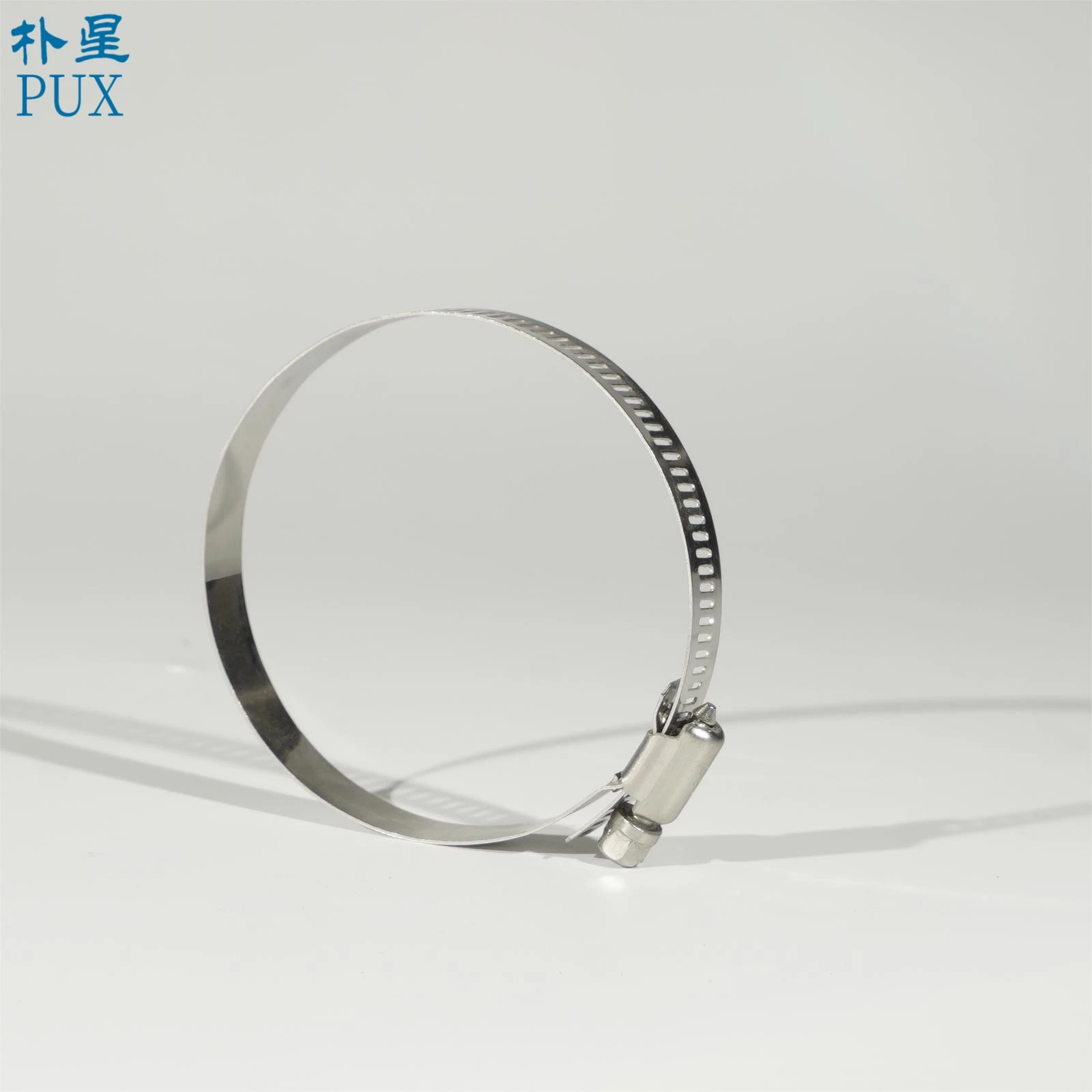- Phone:+86-17331948172 +86-0319-8862898
- E-mail: inquiry@puxingclamp.com
Nov . 10, 2024 05:08 Back to list
Durable Hose Fastening Solutions for Reliable Performance and Efficiency
High-Quality Hose Fastening Ensuring Durability and Reliability in Various Applications
In the world of industrial and mechanical engineering, hose fastening plays a pivotal role in ensuring the smooth operation of systems reliant on fluid transport. Whether in automotive, aerospace, agriculture, or industrial applications, high-quality hose fastening is crucial for the efficiency and safety of operations. This article delves into the importance of high-quality hose fastening solutions, their benefits, and key considerations for selecting the right fastening methods.
Importance of Hose Fastening
Hoses are vital components in various machinery and systems, carrying fluids such as water, oil, air, and chemicals. The integrity of a hose assembly is often determined by the quality of its fastening. Proper hose fastening prevents leaks, which can lead to system failures, environmental hazards, and costly downtime. In high-pressure applications, the stakes are even higher—hoses can burst if not secured correctly, posing extreme risks to both personnel and equipment.
The Benefits of High-Quality Hose Fastening
1. Leak Prevention One of the primary advantages of high-quality hose fastening is the prevention of leaks. Well-secured hoses diminish the risk of joint separations, helping maintain the integrity of the entire system. This is particularly critical in industries where fluid spills can result in regulatory fines or environmental damage.
2. Enhanced Performance High-quality fastening solutions provide stability and support, contributing to the overall efficiency of fluid transport. They ensure optimal flow rates and minimize pressure drops, which can lead to performance losses in mechanical systems.
3. Longevity and Durability Investing in quality fastening solutions means these components are designed to withstand harsh environments. Factors like temperature fluctuations, exposure to corrosive substances, and physical wear are common in many applications. Premium materials used in high-quality hose fasteners resist degradation, ensuring a longer lifespan and reducing the need for frequent replacements.
4. Safety Assurance High-quality hose fastening significantly enhances workplace safety. By preventing leaks and bursts, they protect personnel working near high-pressure systems from hazardous situations. This not only safeguards human life but also protects valuable machinery and equipment from damage.
high quality hose fastening

Key Considerations for Selecting Hose Fastening Solutions
When choosing hose fastening solutions, several factors should be considered to ensure the best possible performance.
1. Material Compatibility Different materials react differently under various conditions. It’s essential to choose fasteners made of materials that are compatible with the hose and the fluid being transported. For instance, stainless steel fasteners are often preferred for corrosive or high-temperature applications.
2. Pressure Rating Always check the pressure rating of hose fasteners to ensure they can handle the specific demands of your application. Using the wrong type of fastening can lead to failure under pressure, resulting in potentially dangerous situations.
3. Size and Fit Proper sizing is crucial for effective fastening. Fasteners that are too tight can damage hoses, while those that are too loose can result in leaks. Always measure the hose diameter and fitting size accurately to obtain the correct fastening solution.
4. Type of Fastening There are various types of hose fastening systems available, including clamps, ties, and fittings. Each type has its advantages depending on the specific application requirements. Understanding the basic principles of how these connections work will help in making the right choice.
Conclusion
High-quality hose fastening is an essential aspect of any system relying on fluid transport. By ensuring leak prevention, enhanced performance, and improved safety, high-quality fasteners play a vital role in the longevity and reliability of industrial operations. When selecting hose fastening solutions, consider material compatibility, pressure ratings, size, and type to ensure optimal performance in your specific application. Investing in quality fastening technology can lead to improved operational efficiency and peace of mind in your projects, making it a worthwhile consideration for any business.
-
Large Stainless Steel Adjustable American Type Hose Clamp - Hebei Pux Alloy Technology Co., Ltd|Corrosion Resistance&High Breaking Torque
NewsJul.30,2025
-
Large Stainless Steel Adjustable American Type Hose Clamp - Hebei Pux Alloy Technology Co., Ltd
NewsJul.30,2025
-
Large Stainless Steel Adjustable American Type Hose Clamp - Hebei Pux Alloy Technology Co., Ltd|Corrosion Resistance&Industrial Applications
NewsJul.30,2025
-
Large Stainless Steel Adjustable American Type Hose Clamp-Hebei Pux Alloy Technology Co., Ltd|Corrosion Resistance, Adjustable Design
NewsJul.30,2025
-
Large Stainless Steel Adjustable American Type Hose Clamp - Hebei Pux Alloy Technology Co., Ltd. | High Breaking Torque & Corrosion Resistance
NewsJul.30,2025
-
Large Stainless Steel Adjustable American Type Hose Clamp - Hebei Pux Alloy Technology Co., Ltd
NewsJul.30,2025




